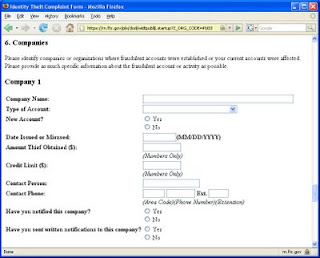Although, Oprah has run some sweepstakes recently, this one is a scam!
From Attorney General Madigan's press release:
According to Harpo Productions, Inc., which produces The Oprah Winfrey Show, several legitimate sweepstakes were held in the summer of 2006 through Oprah.com but all winners were previously notified. Harpo Productions, Inc. has not sent any letters in 2007 announcing additional winners for this sweepstakes. The sweepstakes letters being mailed to consumers have a check enclosed that is made payable to the letter recipient. The checks look real but are actually counterfeit. Consumers should disregard these letters and should not attempt to cash the checks.
The letters and checks are props in an especially devastating form of consumer fraud—conning check recipients into believing the checks are real, convincing recipients to deposit the checks into their banks, and even persuading the recipients to wire their own money to the con artists.
Full release, here.
Oprah covered this (and a lot of other scams) on her show yesterday, which can be seen on her site, here.
She also mentions this and another scam involving tickets to see her show on her site, here.
Tom Fragala (MyTruston) and I collaborated on a post about counterfeit checks being used in a variety of I-Scams a few months ago:
Counterfeit Cashier's Checks Fuel Internet Crime
Oprah's name is being used because of her immense popularity, which is a common theme in a lot of this activity. Popular brands, disasters and even government agencies are used in same manner, also!


